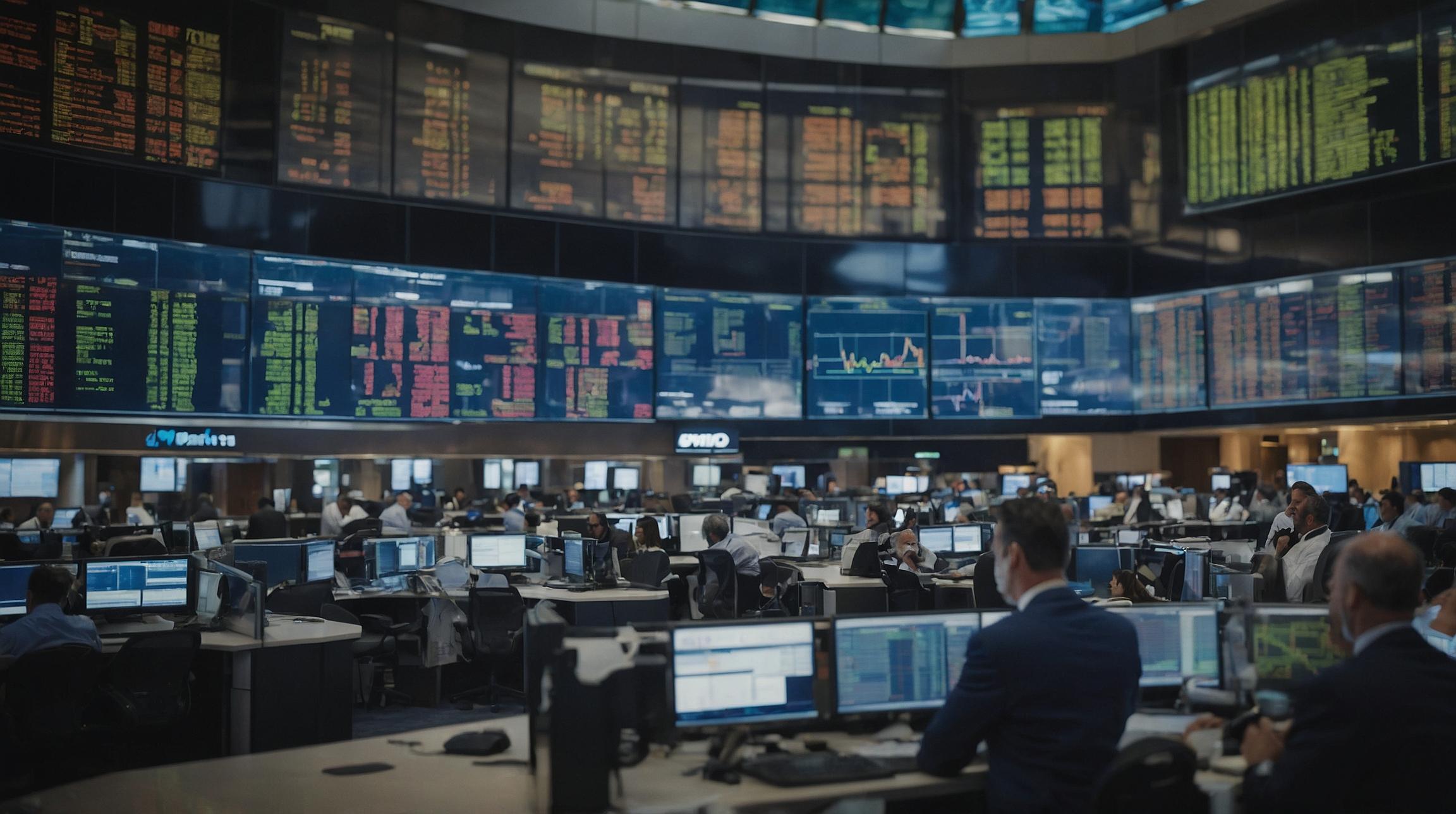Understanding California's AI Bill SB 1047
California has introduced a controversial bill, SB 1047, which aims to create safety measures against potential disasters caused by artificial intelligence (AI). This bill is a response to fears that AI technology is advancing too rapidly for its creators to manage effectively. It was spearheaded by state senator Scott Wiener, who represents San Francisco, a hub for AI startups like OpenAI and Anthropic.
Changes and Amendments to the Bill
In an attempt to make the bill more acceptable to the tech industry, several amendments have been made. The bill initially proposed creating a new government entity, the Frontier Model Division, which would oversee the safety measures submitted by developers. However, the amended version now requires these safety measures to be submitted to the state's attorney general instead.
Additionally, penalties for perjury were removed, and the legal standards for developers concerning their AI models' safety were altered. These changes aim to prevent the bill from stifling innovation, a concern voiced by many in Silicon Valley.
Industry and Political Reactions
While some support the bill, arguing it creates necessary guardrails for AI development, others believe it could hinder innovation. Meta's state policy manager, Kevin McKinley, expressed concerns about the bill's impact on open-source innovation, particularly in California. Meta, which has released open-source AI models such as Llama, fears the bill may pose challenges to further development.
Rep. Ro Khanna and other California House members have urged Governor Gavin Newsom to veto the bill if it passes the state Assembly, citing potential damage to California's booming tech industry.
Balancing Innovation and Safety
The crux of the debate centers around balancing innovation with safety. Proponents, including some AI experts and organizations like the Center for AI Safety, argue that regulation is crucial to prevent potential catastrophes. However, critics claim that the focus should be on more immediate concerns such as privacy and misinformation, rather than distant scenarios.
Wiener, who crafted the amendments, believes that innovation and safety can coexist. He states that the bill takes into account industry concerns while still striving to implement necessary safeguards.
The Path Forward
As the bill heads to the state Assembly, the final decision rests with lawmakers and potentially Governor Newsom. The outcome will set a precedent for how AI is regulated in a state that leads in tech innovation. While the amendments have made the bill more palatable for some, others remain skeptical about its effectiveness and impact on academic and open-source communities. The debate continues as stakeholders from various fields weigh in on this pivotal legislation.













